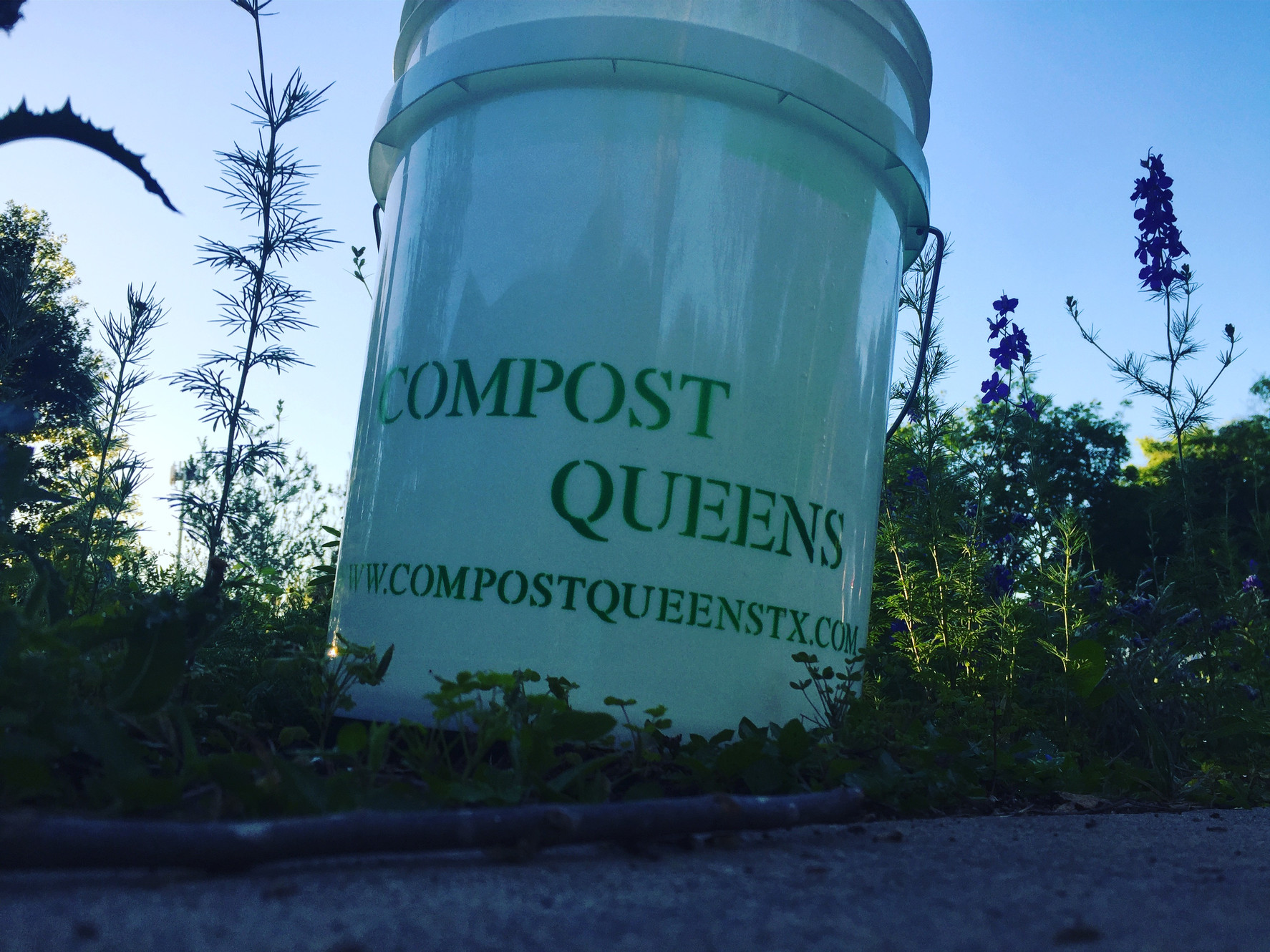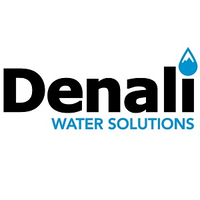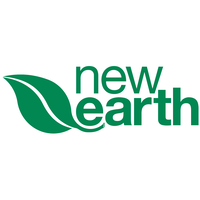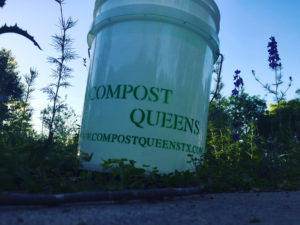The camera zooms on a young Dustin Hoffman-looking character receiving career advice from an older man about where “there’s a great future.” An avuncular hand thrown over his shoulder.
“I’ve got two words for you, kid. Are you listening?”
The confidential tone, poolside setting, sotto voce.
“Organic. Waste. There’s a great future in organic waste. Think about it.”
Palm raises. Index finger extends. “Will you think about it? Shh. Enough said.”
End scene.
Anyway, that’s a sneak peak at the draft of my new screenplay for the remake of “The Graduate, 2021.”
Everyone from households, food processors, restaurants, and even sewage processors want to pay to have their organic waste taken away on a daily or weekly basis. If you can get paid to remove that organic waste and turn it into useful saleable products – like mulch, ground-cover, feedstock, and enriched soil – you might have yourself an interesting business. Increasingly, corporations and governments are looking for providers who can do just that.
In January 2021, Denali Water Solutions LLC – a national organic waste processor – purchased New Earth, a division of San Antonio-based Leonard Holdings. Until December 2020, New Earth held the contract for processing household organic waste for the City of San Antonio.
New Earth, with locations in Katy, TX, Conroe, TX, and San Antonio, TX was the largest privately held organic waste and compost processor in the state. Denali needed to enter the Texas market and approached New Earth
Denali, owned by private equity giant TPG, is in acquisition mode.
Indicative of how Leonard Holdings, headed by third-generation CEO Neal Leonard, views the opportunity of organic waste, is how they decided to sell. They took most of the company’s sale proceeds in the form of a 7 percent stake in Denali.
“We went from 100 percent ownership of three processing locations in Texas to a 7 percent ownership in Denali’s 24 locations around the nation,” Leonard told me. Leonard essentially made a bet that organic waste is a growth business.
CEO Loenard said, “This transaction allows New Earth to achieve the scale and diversification necessary to continue as a pioneer of organics recycling. Our family is very excited to remain an investor going forward, in what we expect will be the national leader of organics recycling.”
Indeed, between our conversation and this writing, Denali acquired yet another company in mid-February 2021, Organix Recycling, described as “the largest pre-consumer food waste collector and recycler in the United States.”
With that transaction completed, Denali will have 1,400 employees in a vertically-integrated organic waste business.
Personally, I’ve been a bit obsessed with household organic recycling since receiving my green curbside bin from my city in 2016. In 2017 I visited the heaping, steaming mounds at the New Earth facility.
But that represents the large-scale opportunity of organic waste in 2021. My obsession recently brought me to a tinier-scale organic waste service company.
For Christmas this year my family bought me a monthly subscription to Compost Queens, a residential compost service. For $10 per month,1 I collect our kitchen’s food scraps into a sealable bucket and sprinkle them regularly with brown magic pixie dust. The dust begins the fermentation process and prevents odors. The magic pixie dust provided by Compost Queens is actually called “bokashi flakes,” and is a Japanese organic recycling process that introduces bacteria and fungi to catalyze the breakdown of food waste anaerobically.
After my bucket fills, I drop it off at a nearby convenience store. Then I collect a clean empty bucket. Whenever I run out of bokashi flakes, I pick up a fresh jar of the magic dust at the same store. It’s all included as part of my subscription plan.
I still use my large green city-provided bin, primarily for yard clippings. The Compost Queens service has a few advantages over the green bin, however, that make it worth paying extra for. The first is smell, eliminated by the bokashi flakes. The second is ants, which really, really, like my green bin when it’s warm outside. The sealable lid and the fact that I store it on my screen porch keeps away critters.
Kate Jaceldo, the younger “Queen” of the mother-daughter founding duo, described to me their last four years of growth as well as their future plans. They grew from 60 residential subscribers in 2018, to 150 in 2019, to 300 now, in early 2021. Restaurant customers like Magnolia Pancake House (3 locations), Snooze (3 locations), and Pharm Table depend on Compost Queens to arrange commercial pickup in a truck. Compost Queens financed the truck purchase for commercial pickups by raising $13,000 through a 2019 Kickstarter campaign.
New Earth processes an average of 400,000 tons of organic waste each year, which translates to roughly 7,700 tons per week. Compost Queens handles less than one one-thousandth of that volume, collecting an estimated 7 tons of waste per week, according to Jaceldo. New Earth manages three facilities over 250 acres in Texas, while Compost Queens handles most of their compost production on a half-acre in partnership with Talking Tree Farm in Schertz, TX.
Still, Jaceldo sees potential for growth in her little business, just like Leonard of New Earth. She expects they will get to a sustainable financial scale on a subscription basis at 400 residential households, enough to pay her part-time workers a living wage. They target 1,000 residential subscribers in three years. Apartment dwellers and those outside city limits are a natural market for Compost Queens. Even city homeowners with the green bin, like myself, have found the service useful as well.
Compost Queens began selling its bags of processed “finished soil” for gardeners in December, as well as bags of bokashi flakes for households who plan to retain and create their own compost. Those sales, plus services such as delivery of soil enrichment for gardens and farms, are part of their ongoing mission around improving the local food cycle.
Similar to many startups, Jaceldo describes the chicken-or-egg problem of scaling up to meet her commercial customer base, while enduring longish sales cycles. COVID disrupted their growth plans, as many businesses retrenched last year.
I define “green” and “sustainable” businesses as ones that are profitable, that can last and grow through the business cycle. New Earth got there. Compost Queens hopes to get there by year end.
At the high-end industrial end of the market, the Leonard family has shown the serious scale involved in organic waste. At the hyper-local end, I’m enjoying my own small contribution to a sustainable food cycle, with my family’s $10 per month subscription.
“Organic waste. Will you think about it? Shh. Enough said.”
Please see related posts:
On New Earth and organic recycling
On Recycling as a Commodities Business (Post 1 of 4!)
Post read (133) times.
- The price went up to $15 per month a week after I wrote this! ↩









